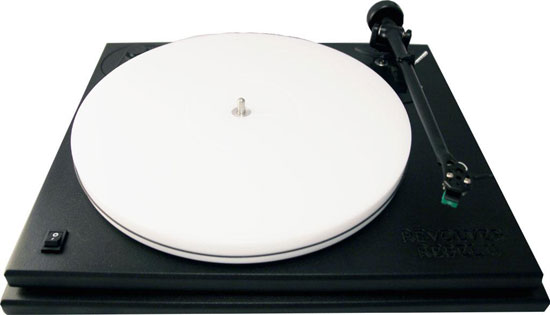wow&flutter
pfm Member
Check out the Syrinx Le1 from that period as well, same arm as the original Datum.
Logic Datum II and IIS would require drilling the top plinth board hole out to 30.5mmØ (same 211mm pivot to spindle centres as Linn, 210.7mm specified). Also, IIRC, with the Logic arm mounting collar the 3 x bolt holes are the other way round (i.e. rotated 60º as per early Ittock, one in front, two toward the back) in order for the height adjustment set screw to be easily accessible on the RH side. I can't recall what circumference the Logic 3 x mounting bolts were on; Linn are 48mmØ relative to pivot centre, with Jelco at 48.2mmØ.I had a Logic Datum2 arm fitted to mine when I bought it in 85/86. Should be cheap if you can find one.
Excellent thanks for letting me know, what will it cost me?I have an original Revolver tonearm here somewhere, I can dig it out if it is of interest
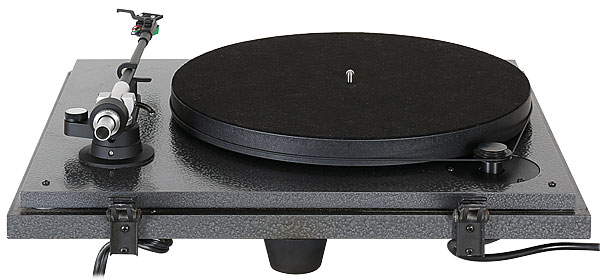
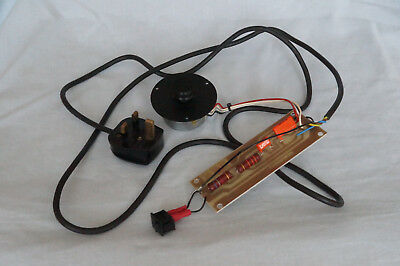
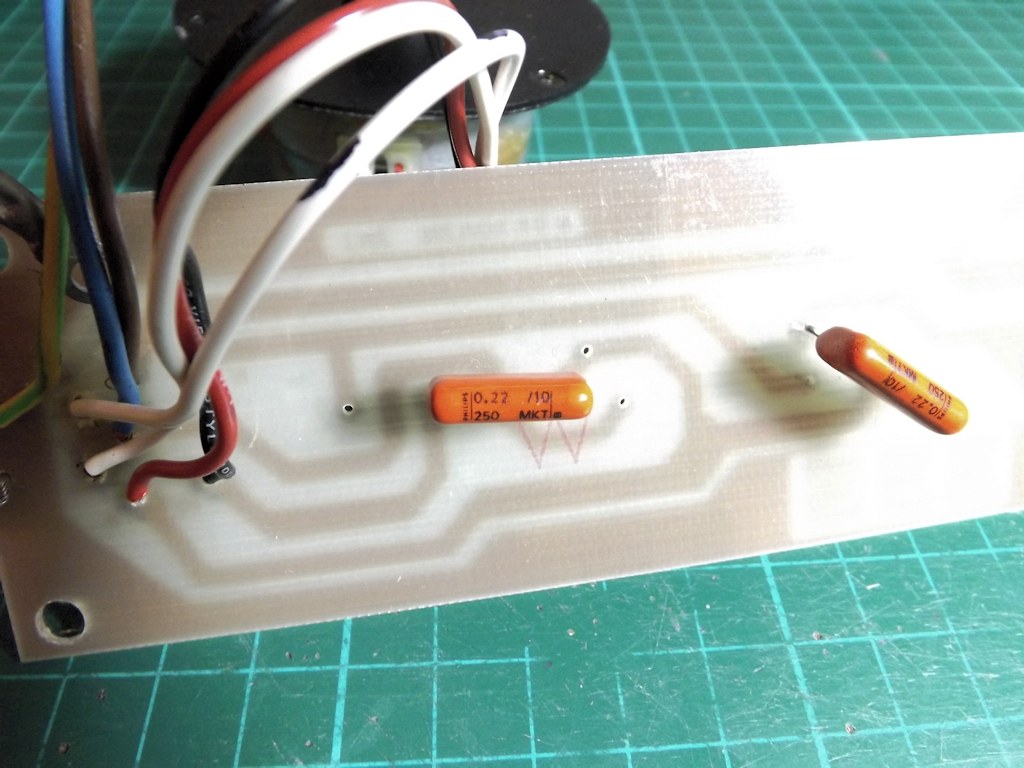

Funny, I was going to mention using the same rules for supports as for Rega decks.Thanks, will try that too.
I've noticed that the type of support makes a big difference, it definitely improves when sat on a Target TT2 table. Although in fairness many decks would.
Ps. Often wondered what those acronyms meant!
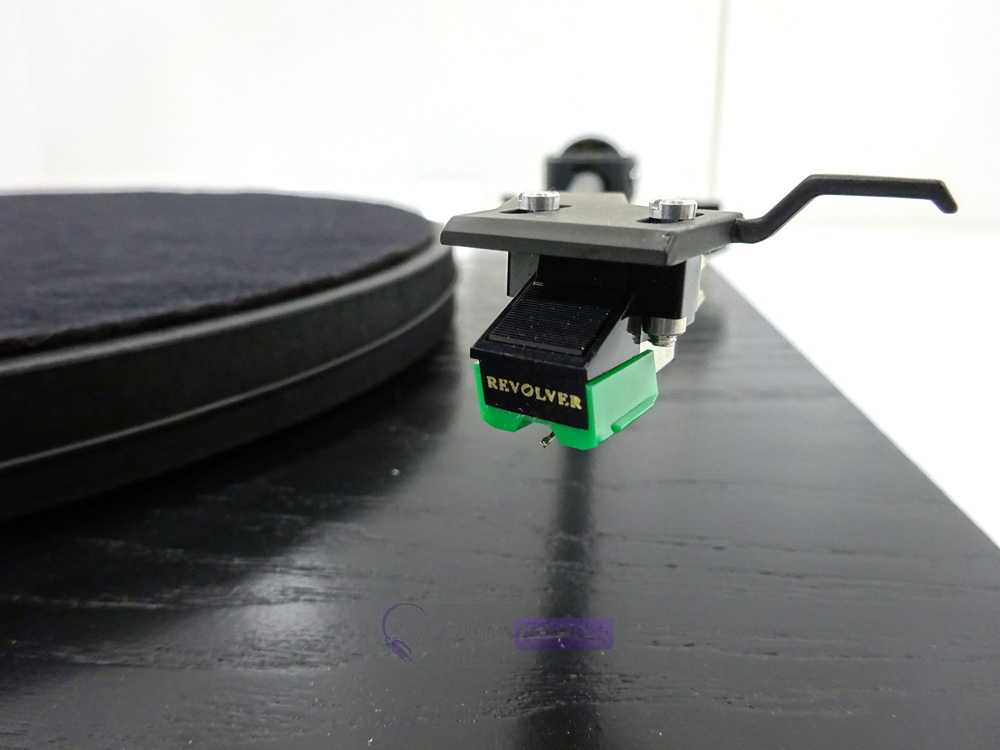
That's what they called it. If you think about cartridges for revolvers, it certainly was a good name.I was aware of the Revolver cartridge but didn't know it was called the Bullet - or did you make that up?
I haven't compared them, but chances are that the Medite offers a better flywheel effect than the NORYL (sans 'Ringo'), as the latter is very light.Have you ever compared the two platters types that were used between the early/later versions of the decks? I'm curious whether there was any noticeable difference in the sound between the two or if it was simply done for manufacturing reasons/costs.
IIRC, when the platter was changed, as least one review (or news item) mentioned that the manufacturer had found MDF to be expensive to have cut/finished to an acceptable level. I suspect that, as the intention was to produce a lot of these decks, the high initial cost of pursuing an alternative moulded platter was deemed worthwhile. NORYL was claimed to have been chosen due to it being a very strong resin material that also possesses good self-damping properties.Any idea why the platter material was later changed?
